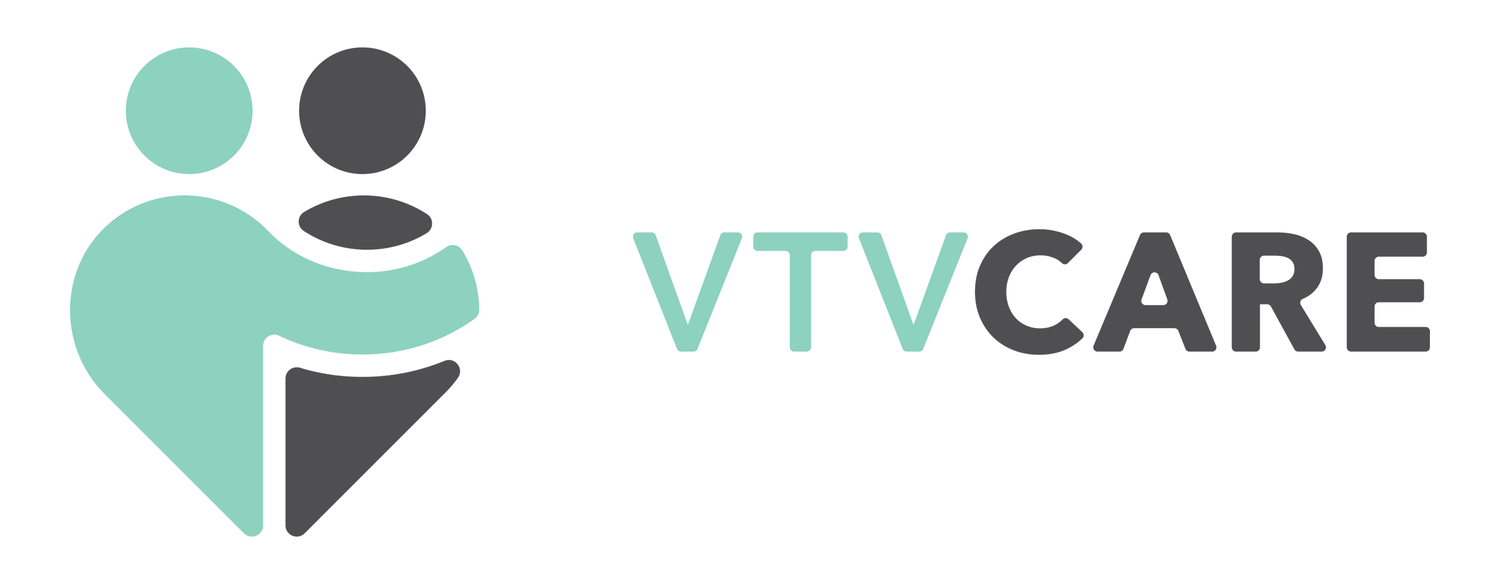Deac’s Story
My name is Deac Michelsohn and I’m a mass shooting survivor. I have purpose for sharing my story of mass violence. Reason being that I’m a firm believer in the benefits of self-efficacy. If my story can help empower even just one other survivor of mass violence, then I will have succeeded in the process of transforming my identify from a survivor to a thriver.
On January 6th 2017, a perpetrator, opened fire with a 9mm semi- automatic pistol in Terminal 2 of the Ft Lauderdale airport. My fiancé and I were supposed to be in Ft. Lauderdale for less than 40 minutes, only there for a connecting flight.
I remember the two of us sitting at our gate, sipping Starbucks and chit-chatting when, without warning, public order turned to chaos. The catalyst being an anonymous shriek of: “Run! He’s shooting everyone!”
In a hastened sprint, we took cover in a bathroom with others trying to survive. Some of us were texting and calling our loved ones. While others of us tried to hush the crowd, fearful the perpetrator might find us. The seconds felt like hours as I and several other survivors stood silently on toilets, concealing our feet from view.
Conversely, when I called my mother to tell her that I might not get out of the airport alive, she said in her quintessential Texas spirit, “Get out of the bathroom and pick up something heavy! Don’t go down without a fight!” It was my mother’s grit that kept me grounded that day.
The timing of what happened next is a blur. I don’t remember how long we waited in those stalls but I do recall the relief I felt when military personnel came to our rescue.
My new bathroom buddies and I were relocated to a stuffy storage room in the back of an airport snack shop. Detained for several hours, without access to a bathroom, I tried to find my sense of humor when I whispered to my partner, “Well, I guess we should have used the bathroom while we had access to it.” Survival humor aside, it was an unpleasant but no longer volatile situation.
Hours later, we were relocated to the airport grounds where I and over 10,000 passengers remained detained until the early hours of the following morning.
In the aftermath of the shooting, I felt estranged from family and loved ones. I didn’t like it when people I barely knew wanted to talk about my experience, catastrophizing my encounter and telling me how lucky I was to be alive.
I was already trivializing my experience all on my own, and didn’t want the opinions of others who I felt didn’t have the slightest understanding of what I had been through. It was after several months of extreme panic attacks, night terrors and flashbacks that I finally acquiesced to the pleas of my partner to see a therapist. After just one session, I was diagnosed with post-traumatic stress disorder. After receiving news of my diagnoses, I felt even more estranged, thinking to myself, “Why is this impacting me so much when I wasn’t even physically injured?” It would become the most difficult hurdle I would endure in my healing journey; having to unlearn the pattern of trivializing my experience.
I wouldn’t begin my path of growth and recovery until I found an anonymous peer led support group. This group was created for members of the LGBTQIA community who had experienced trauma. It was only after listening to the survivor stories of my peers that I would muster up the courage to share my own.
My lived experience with peer support has taught me first and foremost that I am able to foster my own salvation. That the skill of self-efficacy can be taught or in my case, re-taught if survivors will allow self-compassion in their hearts. That through mutuality survivors can reconnect to their thoughts, feelings, and sense of identity.
It has now been over 5 years since my experience in Ft. Lauderdale. Being a survivor is now only part of my identity. I now identify as a mom to beautiful three-year-old named Winnie, a spoken-word artist who shares lived experience through writing and a trained peer supporter for survivors of mass violence.
The ability to be part of the symbiotic healing process that can only occur within a peer support model is priceless. I now have an opportunity to give back the intangible treasures that were given to me: the treasure of holding space for other survivors, the treasure of mutuality that I can provide to those who are isolating, and the invaluable treasure of my story which I have learned to reframe with love and dignity.
